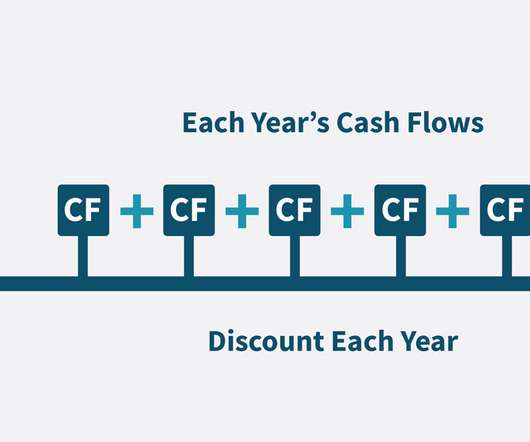What is the Difference Between a "Funding Valuation" and a "Purchase Valuation"?
Equilest
AUGUST 3, 2023
Valuation, in general, is the process of estimating the worth of an asset, business, or investment. It helps stakeholders make informed decisions based on the asset's market value and potential for future growth. This method requires making assumptions about future cash flow projections and the appropriate discount rate.














Let's personalize your content